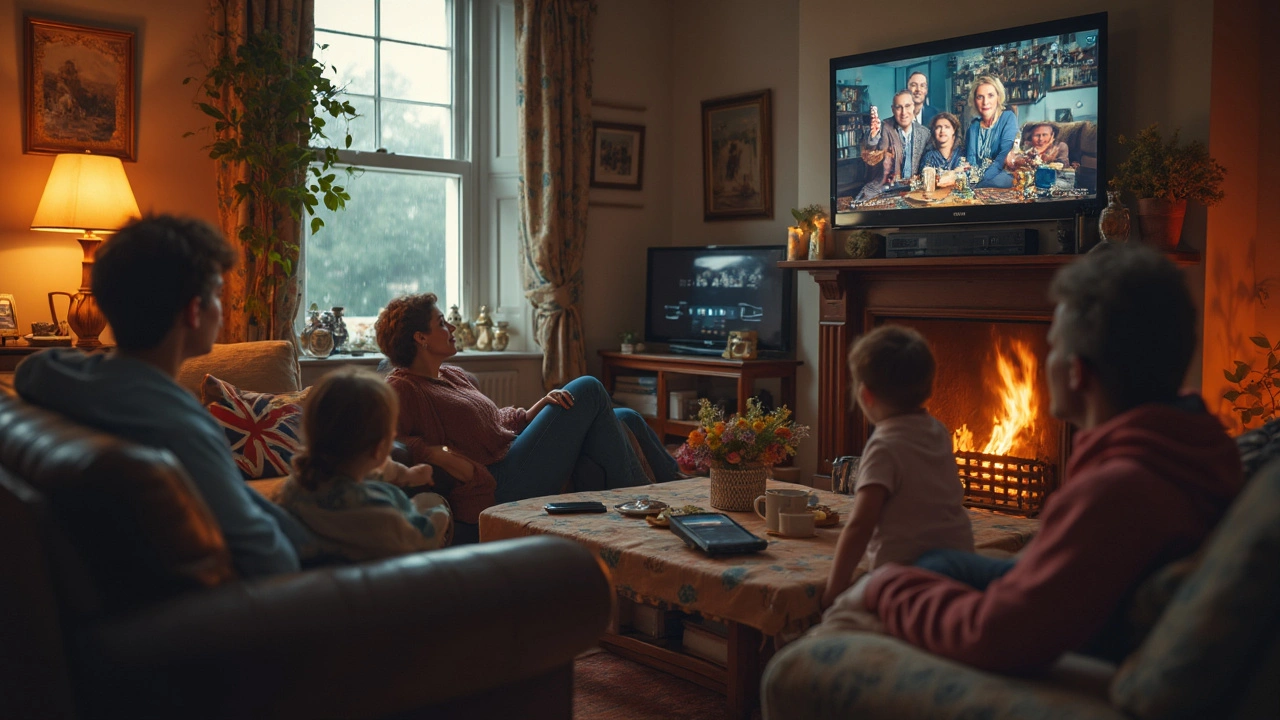Public Broadcasting in the UK: What It Means for You
When you turn on the TV or tune into the radio, chances are a chunk of what you hear comes from public broadcasters. In the UK, the BBC is the name most people recognize, but public broadcasting goes beyond a single brand. It’s a system funded by licence fees and public money, designed to give everyone access to reliable news, education, and entertainment.
Why does this matter? Because unlike commercial channels that chase ads, public broadcasters have a mandate to serve the public interest. That means they’re supposed to cover regional stories, minority languages, and topics that might not draw big advertising dollars but are crucial for a well‑informed society.
How Public Funding Shapes Content
The licence fee model means the BBC doesn’t rely on advertisers to stay afloat. This freedom lets them invest in investigative journalism, long‑form documentaries, and cultural programs that might be too risky for commercial rivals. Think of the in‑depth coverage of the UK elections or the weekly science show that breaks down complex ideas without a sponsor pushing a product.
At the same time, the funding structure forces the BBC to be accountable to the public. Annual reports, audience surveys, and a governing board keep them honest. If viewers feel the service isn’t delivering, they can voice concerns directly to the regulator, Ofcom.
Public Broadcasting’s Role in Everyday Life
From the morning news that helps you plan your commute to the children’s programs that keep the little ones learning, public broadcasting touches almost every part of daily life. The BBC’s local radio stations give you weather updates for your town, while the national TV channels keep you in the loop on global events.
Beyond news, public broadcasters preserve cultural heritage. They fund drama series set in different parts of the country, showcase regional music, and even broadcast live events like the Proms. This helps keep local traditions alive and ensures that people from all backgrounds see themselves reflected on screen.
Another benefit is the focus on education. The BBC’s iPlayer offers free access to documentaries, history series, and language lessons. Students can binge‑watch a whole syllabus without paying extra fees, which levels the playing field for those who can’t afford private tutoring.
Public broadcasting also acts as a safety net during crises. During the COVID‑19 pandemic, the BBC provided clear, consistent health updates that cut through the noise of misinformation. In emergencies, a trusted public voice can save lives.
Critics sometimes argue that the licence fee is outdated or that the BBC holds too much power. Those concerns spark healthy debates about how to modernize the system while preserving its core mission. Some propose a subscription model, others suggest more competition from new public entities. The conversation shows that public broadcasting is alive and evolving.
Bottom line: public broadcasting isn’t just another TV channel. It’s a publicly funded network that aims to inform, educate, and entertain everyone, regardless of income or location. Its independence from advertising lets it dive deep into stories that matter, while its accountability to licence payers keeps it in check. Whether you’re watching the nightly news, listening to a local radio show, or streaming a documentary on iPlayer, you’re benefiting from a system built to serve the public good.

Who Owns the BBC in Britain? The Full Story Behind Public Broadcasting
People in Britain can't escape the BBC—it's on your TV, radio, and even your phone. But who actually owns it? The BBC isn’t a private company or run by the government in the usual sense; it's funded by the public. This article unpacks who really controls the BBC, how it gets its cash, and why it matters to everyone who lives in the UK. You'll discover some odd facts about how it runs and get tips for dealing with the TV licence.
READ MORE